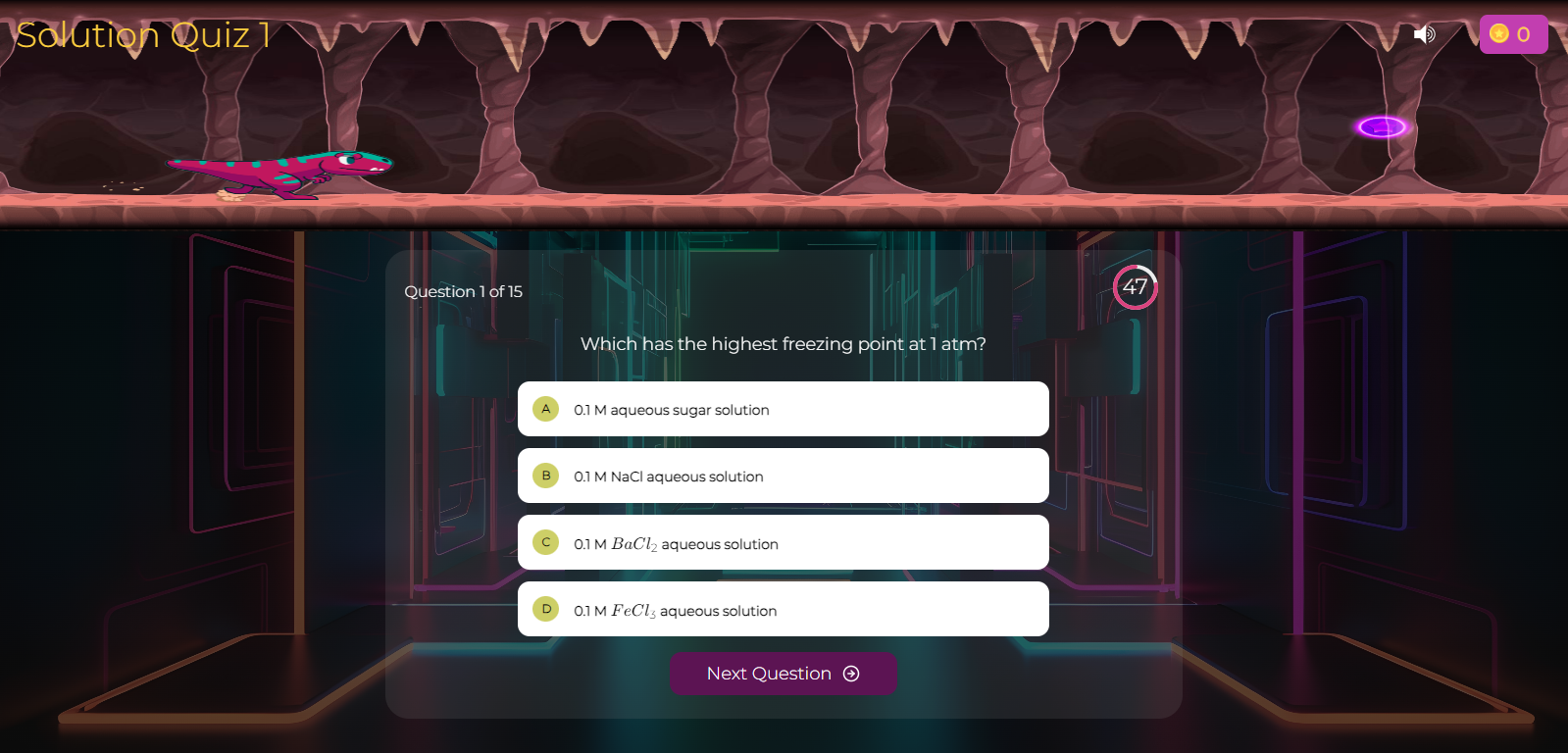
Dual Nature Of Radiation And Matter Quiz-1
Popular Questions In Dual Nature Of Radiation And Matter Quiz-1
A 1000 W source of light is emitting light of wavelength 6000 Å. The number of photons emitted per second by the source is
Light of two different frequencies whose photons have energies 1 eV and 2.5 eV respectively; successively illuminate a metal whose work function is 0.5 eV. The ratio of the maximum speed of the emitted electrons will be
The work function for sodium is 2 eV. Then the longest wavelength of light that will eject photoelectrons from the surface is
A photoelectric cell using caesium as the sensitive element is illuminated with light of wavelength of m. The work function of caesium is 1.90 V. The reverse potential which will supress the electron emission is
The maximum kinetic energy of photoelectron emitted from a surface when photons of energy 6 eV fall on it is 4 eV. The stopping potential is
The energy of photoelectrons emitted from a metal surface is 1.6 eV. If the threshold wavelength is 3000 Å, then the wavelength of incident light is
The minimum light intensity that can be perceived by the eye is about . The area of the pupil of eye is . Photons of wavelength enter the eye. Their number for the vision is
The retarding potential for a given photoelectric emitter is 3.0 eV. The photoelectric effect of this emitter begins at a frequency of Which frequency will eject electrons from this emitter?
The threshold wavelength of metallic silver is 3800Å. Ultraviolet light of wavelength 2600Å is allowed to fall on silver. The maximum velocity of the emitted photoelectrons is
An image of the sun is formed on the metal surface of a photocell and it produces a photoelectric current I. The lens forming the image is then replaced by another of the same diameter but only half the focal length. The photoelectric current in this case will be


